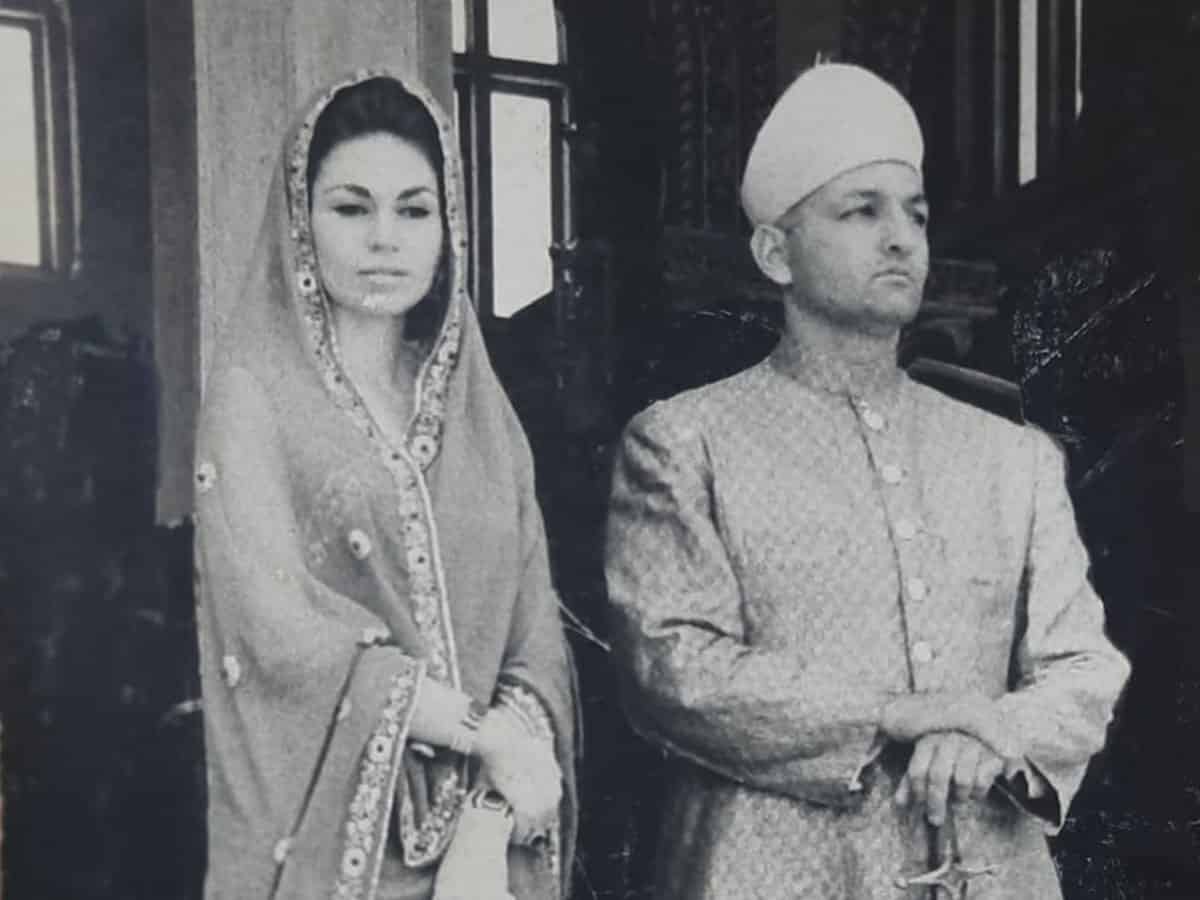
Much of history is storytelling that makes the dull pages of past happenings into juicy and exciting texts. Modern-day writers and biographers have taken to fairytale doll houses of memories when they write of men and events.
Mukkaram Jah Bahadur, the last titular Nizam of the erstwhile state of the dominion of Hyderabad state died a recluse on January 14th, at the age of 89 in Istanbul Turkey. He choose to flee from the razzmatazz of the rank and title given to him as the titular Nizam of Hyderabad, having squandered a major portion of the wealth that came his away with the royal title of, Nawab Mir Barkat Ali Khan, Wala Shan, Mukkaram Jah Bahadur Nizam the VIII.
A prince who became a pauper, while the paupers around him became princely rich. A king who left his throne and people for a faraway wilderness on an island has been talked about by many writers, historians and recorders of the Asif Jahi history.
The last book on Jah was published in 2006, by Australian writer John Zubrzycki, titled “The last Nizam”. And perhaps his is the only tell-all version that covers the disastrous episode of Jahs’ life in the Australian outback, where he lost billions in a foolish investment buying 200,000 hectares of the Murchison House Pastorals Company, to pursue an out-of-the-box hobby of dismantling bulldozers, tractors and heavy equipment and reassembling them.
Jah was a literal portrayal of Shakespeare’s Hamlet, “to be or not to be” and Lewis Carroll’s “Alice in Wonderland”. Born in France and brought up in England, educated in renowned British schools graduating from the cherished military academy Sandhurst as a second lieutenant, he was an outsider, green to the politics and intrigues of King Kothi.
Some of the finest works of history were written to keep posterity informed of what the writers knew and heard then make money from the printed word. Plutarch the Greek biographer and historian known for his masterpiece “parallel lives” gleaned up information on Roman history from Mark Anthony’s cook. Napoleon’s cook Rustam a Mamluk, and his valet Constant were a storehouse of information on the life of the bantam emperor from the gaze of the public.
Jah had his own Rustams and Constants, in possession of anecdotes and tales not known beyond the high wall of the palace. There are claims that Jah was a mother’s boy. His mother Princess Durreshwar saw to it that her son never mingled with the hangers around in the palace. He was constantly reminded that King Kothi was a nest of plots, schemes, backbiting and treachery. He also wanted to join the Indian Army, but Pandit Nehru did not like the idea and discouraged the prince.
Many Hyderabadis elite think that Jah could have played a more constructive and meaning full role to provide Hyderabadi people with openings and opportunities in corporate and commercial business activities to lessen and alleviate the trauma of a bloody merger of Hyderabad state with the Indian Union.
Eccentricity is an essentiality of royalty and Jah was no exception, he was as eccentric as a royal could be.
There are stories of him employing professional wrestlers to wrestle and grapple with, perhaps for gymnastics. He would lift a jeep from the front or rear to change flattened tyres.
One of his friends, also known to this diarist from school days, who is no more, once narrated, how he and Jah were moving about on an elephant in one of Jah’s sprawling property grounds when he was asked by Jah to hang on to a branch of a tree they were passing under and he obliged, only to realize that Jah moved the elephant away leaving him dangling and moved further down the branch and chopped it off with an axe kept in the Houdah. Fortunately, he was not hurt. One of his aids, also known to this diarist, was once slapped so hard by Jah that he fell down.
There were rumours in the palace that after being hit so hard and humiliated he would never return to work again, but the next morning he was there and Jah to the surprise of the courtiers took off a heavy gold chain he was wearing and slipped down his aide’s neck may be as a royal gesture of saying sorry. There is a rich repertoire also related to Jah’s stopgap measures to escape cash shortfalls.
Lastly, as the saying goes let the dead sleep in peace. May Allah for give Barkat Ali Khans shortcoming and grant him a place in jennah.
